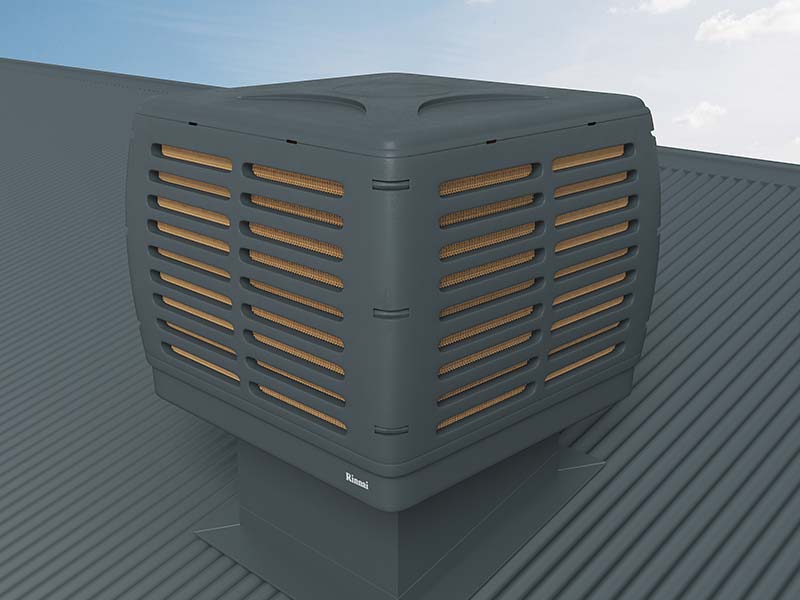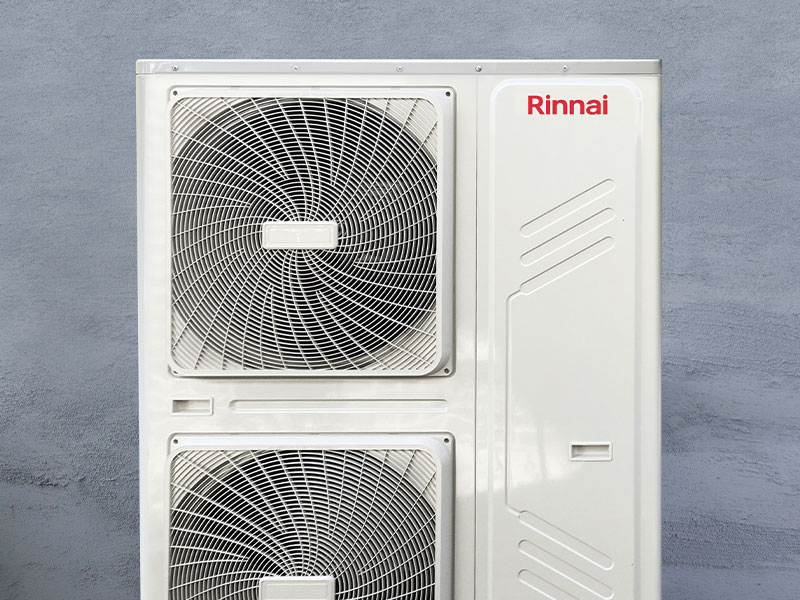Evaporative Cooling vs. Refrigerated Air Conditioning – The Battle of the Cooling Systems
When it comes to keeping your home cool and comfortable during hot summer months, there are two main options to choose from Evaporative Cooling and Refrigerated Air Conditioning.
While Evaporative Cooling is only used by Evaporative Coolers, Refrigerated cooling is a type of cooling utilised by Add On Coolers, Ducted Air Conditioners and Split System Air Cons.
Both types of cooling have their pros and cons, and the right choice for you will depend on your specific needs and budget. In this blog post, we’ll compare and contrast the two systems, so you can make an informed decision about which one is best for you.


Evaporative Cooling Pros & Cons
Evaporative cooling, also known as swamp cooling, works by using water to cool the air. Air is drawn into the system and passed over a wet pad, which cools the air through the process of evaporation. This cooled air is then circulated throughout your home, reducing the temperature and increasing comfort.
Pros:
Cost-effective: Evaporative cooling systems are typically much less expensive than refrigerated air conditioning systems, both to purchase and to run.
Eco-friendly: Evaporative cooling systems use less energy and produce less greenhouse gas emissions than refrigerated air conditioning systems, making them a more environmentally-friendly option.
Fresh air: Because evaporative cooling draws air from outside into your home, it can improve indoor air quality by reducing the levels of pollutants and increasing ventilation.
Cons:
Not as effective: Evaporative cooling systems are not as effective at cooling as refrigerated air conditioning systems, particularly in very hot or humid climates.
Requires regular maintenance: Evaporative cooling systems require regular maintenance, including cleaning of the pads and changing the water, to keep them working effectively.
Limited application: Evaporative cooling systems are not suitable for use in all climates and can only be used effectively in areas with low humidity. Which is why they are a popular chose in Victoria.
Refrigerated Air Conditioning Pros & Cons
Refrigerated air conditioning works by cooling the air inside your home using a refrigerant gas, which is circulated through a system of pipes and a compressor. The cooled air is then circulated throughout your home, reducing the temperature and increasing comfort.
Pros:
Effective: Refrigerated air conditioning systems are highly effective at cooling to your set temperature, even in very hot or humid climates.
All-in-1: Some Refrigerated systems are Reverse Cycle, meaning they both heat and cool. So you don’t need a separate heating system.
Low maintenance: Unlike evaporative cooling systems, refrigerated air conditioning systems require minimal maintenance, making them a convenient option for busy homeowners.
Cons:
Higher install cost: Refrigerated air conditioning systems are typically more expensive than evaporative cooling systems, both to purchase and to run.
Higher running costs: Refrigerated air conditioning systems use more energy than evaporative cooling systems, making them a less environmentally-friendly option.
Indoor air: Refrigerated air conditioning systems are energy efficient as they are not cooling hot air from outside, however this also means they do not bring in fresh air from outside.
In conclusion
The choice between evaporative cooling and refrigerated air conditioning will depend on your specific needs and budget.
Evaporative cooling is a cost-effective and eco-friendly option, but is not as effective at cooling as refrigerated air conditioning.
Refrigerated air conditioning is highly effective at cooling, with Reverse Cycle Systems providing heating as well, but are more expensive to install and run.
Our staff are on hand to assist you in finding the best option for your house and budget. Give us a call on 1300 146 525 or use our online contact form.
More information…
Evaporative Cooling systems – ducted whole house evaporative cooling
Ducted Air Con– whole house heating & refrigerated cooling
Add On Cooling – refrigerated cooling which connects to your Gas Ducted Heater
Split System AC – heating & refrigerated cooling for your room or open plan area

